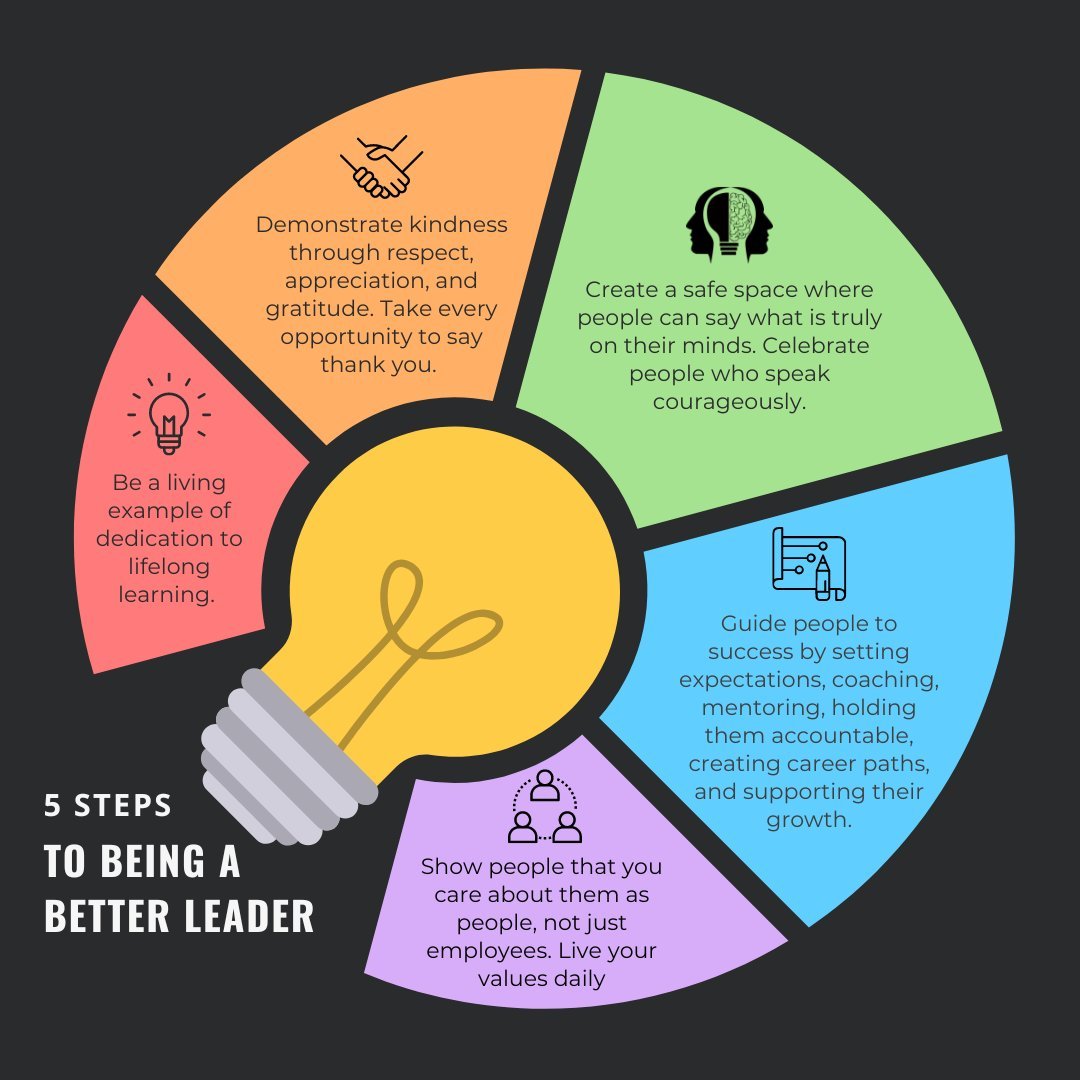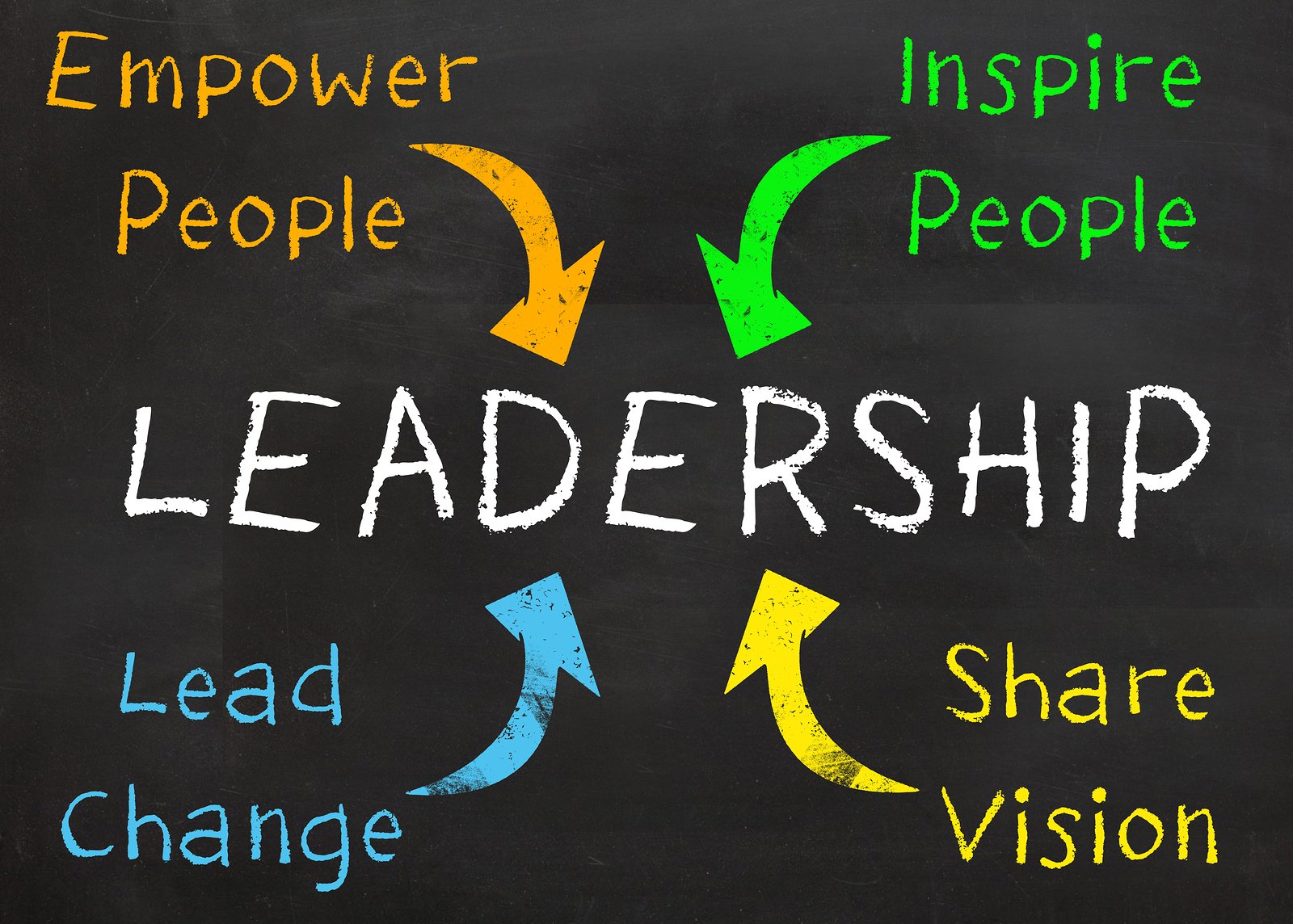Yesterday, I attended the Presidents Summit in Copenhagen where many industry leading experts shared their knowledge on leadership, organisational change, and growth. Here are some of the most actionable insights from the speakers:
· Rasmus Bagger – “What we do, we will master the most!”
· Dan Ariely – “What are the downsides of measuring without thinking?”
· George Mumford – “The keys to unlocking personal greatness are self-reflection, response control amidst adversity, and fostering a conductive success mindset.”
· Jen Sincero – “Why do we need data, facts, and proof before we trust our intuition?”
· Jay Abraham – “Risk vs. Yield: Look at your business differently as overlooked opportunities can be found from outside your industry. How will you mine, monetise, and maximise them?”
· Leslie K. John – “Interpersonal trust is declining, and loneliness is a chronic problem. What am I not sharing what I could be sharing?
· Stephen M. R. Covey – “We are moving away from the old leadership methods of command and control into a new era where leaders will trust and inspire to drive peak performance.”
It was great to see leaders and managers being challenged to look in the mirror when something isn’t going to plan in their organisation’s.
““The bottleneck is always at the top of the bottle.””





















